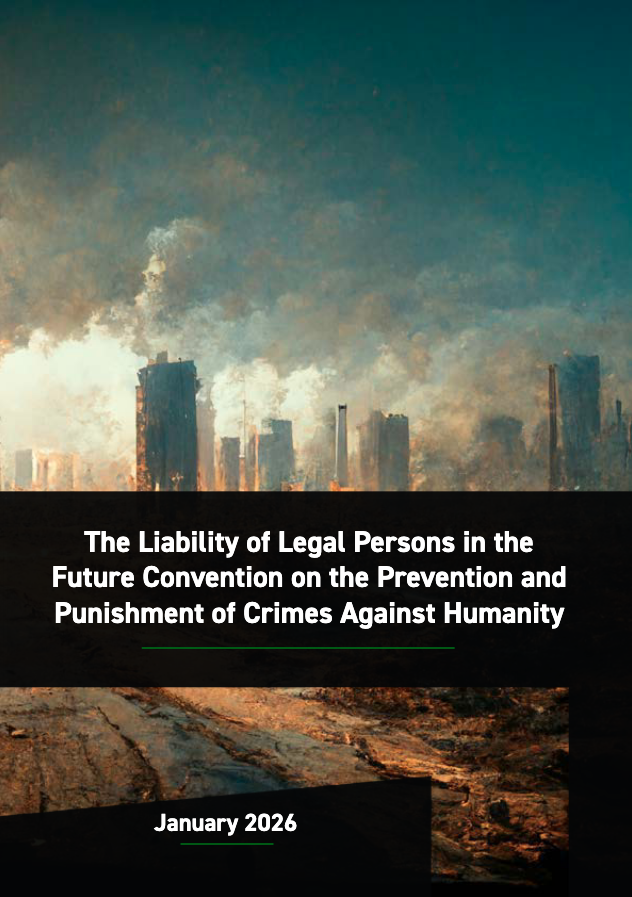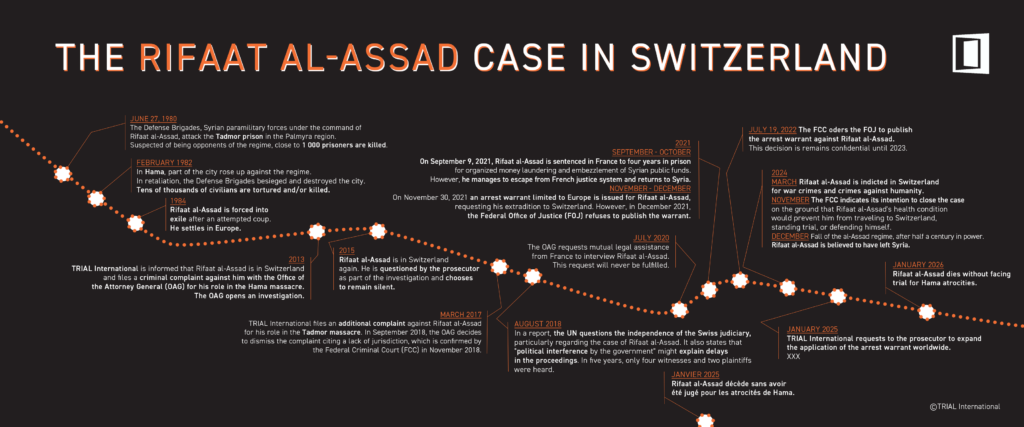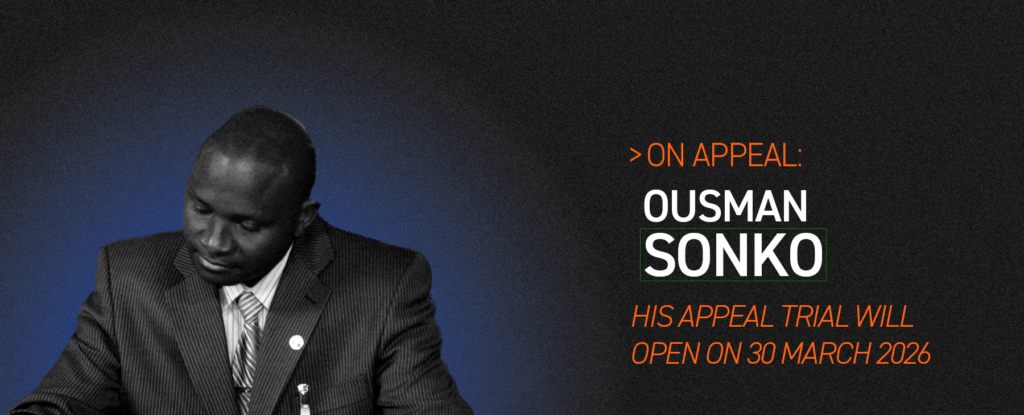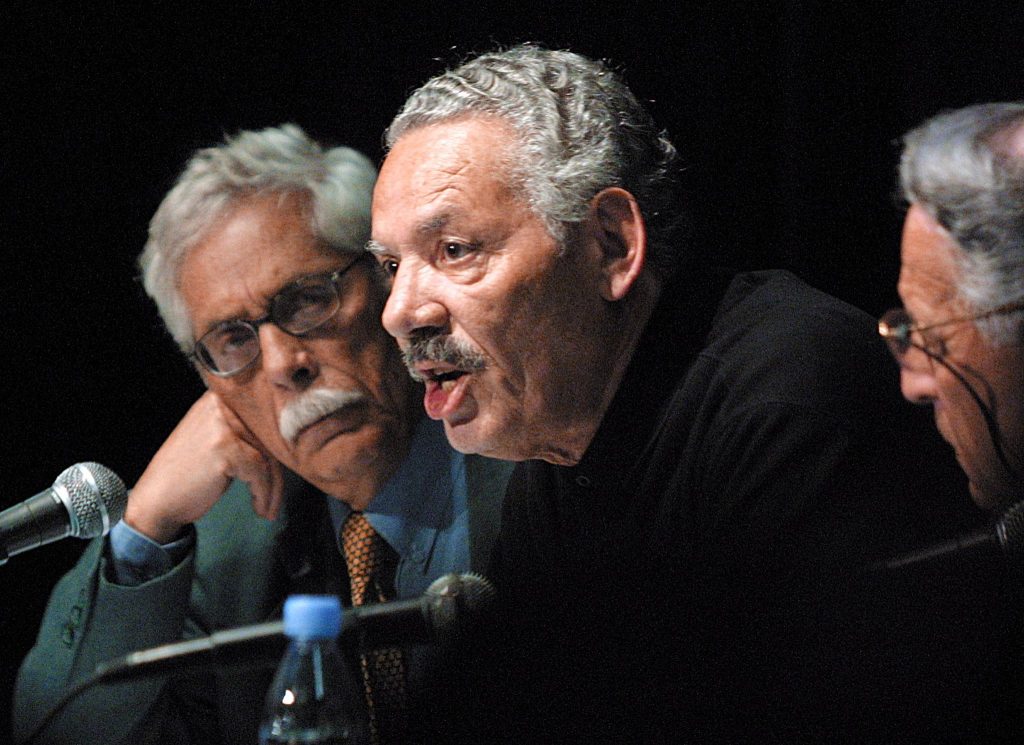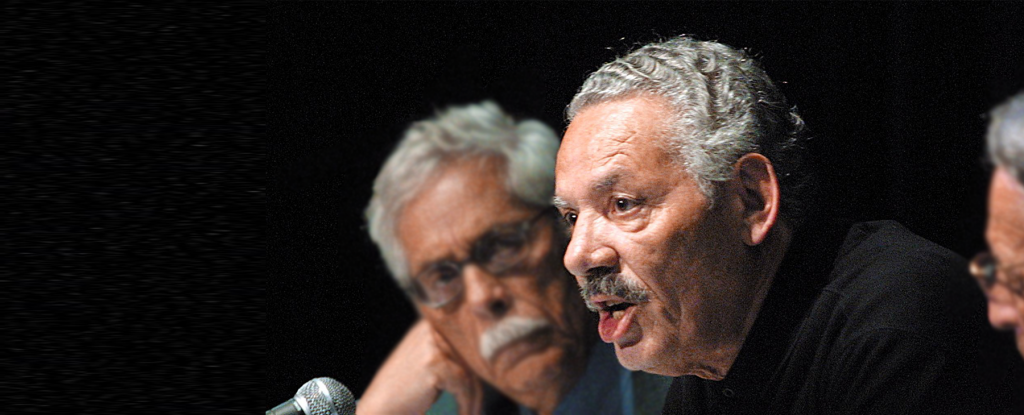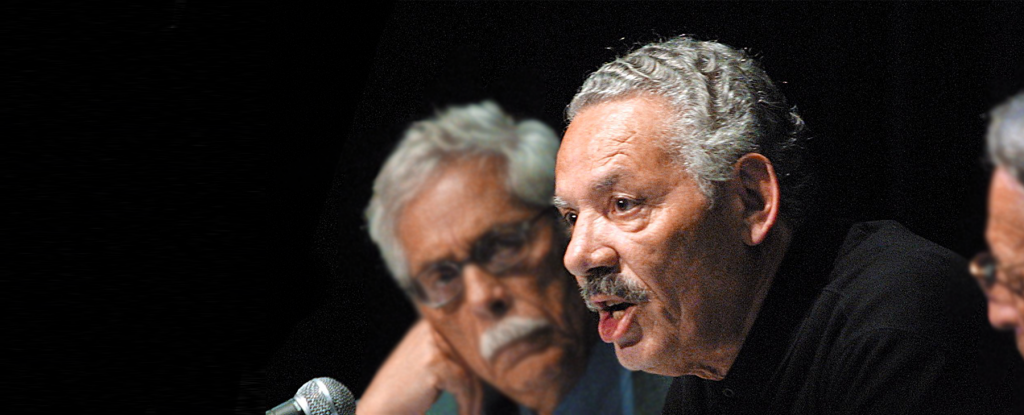France convicts Rwandan national for genocide, other States should follow its example
An op-ed by Sandra Delval
The District Court of Bobigny (France) upheld a guilty verdict against Pascal Simbikangwa for genocide and crimes against humanity. Beyond the victims’ relief, this outcome must serve as an example to European States that still waver when it comes to investing in the fight against impunity.
Pascal Simbikangwa was sentenced on appeal to a 25 years sentence for his participation in the Rwandan genocide of 1994. This trial, based on extraterritorial jurisdiction and held in the presence of the defendant, is the first of its kind in France.
It is also the first case sent to the Criminal Chamber by the Unit on Crimes Against Humanity and War Crimes of the District Court of Paris. The Unit was created in January 2012 with the aim of hastening the handling of cases dealing with international crimes.
Pascal Simbikangwa, a former soldier and employee of the Rwandan Directorate of Military Intelligence in 1994, took refuge in Mayotte where he was arrested for a misdemeanor in 2009. After a four-years investigation, he was sent to the District Court of Paris and tried from February to March 2014.
He was found guilty of actively engaging in the deadly campaigns at Kigali’s roadblocks during the genocide, by providing weapons to the vigilante in his neighborhood and to the Interahamwe militia. He also gave them instructions to slaughter on the spot all Tutsis who approached the roadblocks. Although the defendant appealed the verdict, it was eventually upheld by the Appellate Court.
France sets an example
The case can now proceed to its likely final stage. With the litigation of similar cases, France has lived up to its commitments in the flight against impunity. So far, only cases arising from the Rwandan genocide have reached the trial stage in the judicial process. Although most of the cases dealt with by the Unit on Crimes Against Humanity and War Crimes are linked to these events, the growing number of conflicts could increase the scope of its activities, as corroborated by the cases from diverse geographical locations currently under examination by the Unit.
The Simbikangwa case also demonstrates that extraterritorial jurisdiction[1] does not present insurmountable hurdles. The difficulties arise when the courts ruling on the cases have little to no knowledge of the context of the crimes, given that they were committed in another State. Over fifty witnesses and experts were called to testify at the box on Rwanda’s political and historical context, the personality of the defendant, his professional experience, his links to former President Habyarimana, his role in the media, his relations with the Interahamwe militia and on the acts deemed complicit with crimes against humanity and genocide. These testimonies have supplied the jury with all the necessary information to put M. Simbikangwa’s actions into context.
The end of this case is a victory for the victims who demand that their persecutors who have taken refuge in Europe be brought to justice. Many of them still enjoy total impunity.
Sandra Delval, legal advisor.
@SandraDelvalT
[1] Extraterritorial jurisdiction enabled the French court to rule on crimes committed abroad, by and against foreign nationals, as justified by the extreme gravity of the crimes at hand. These crimes were so heinous, that they are prejudicial to the international community as a whole.

